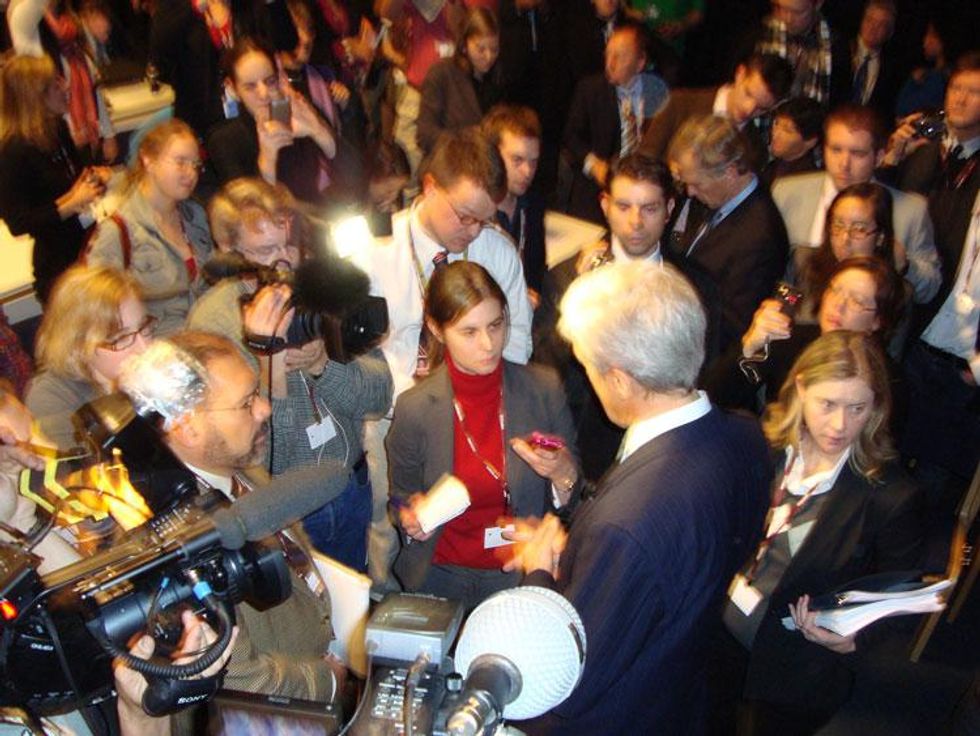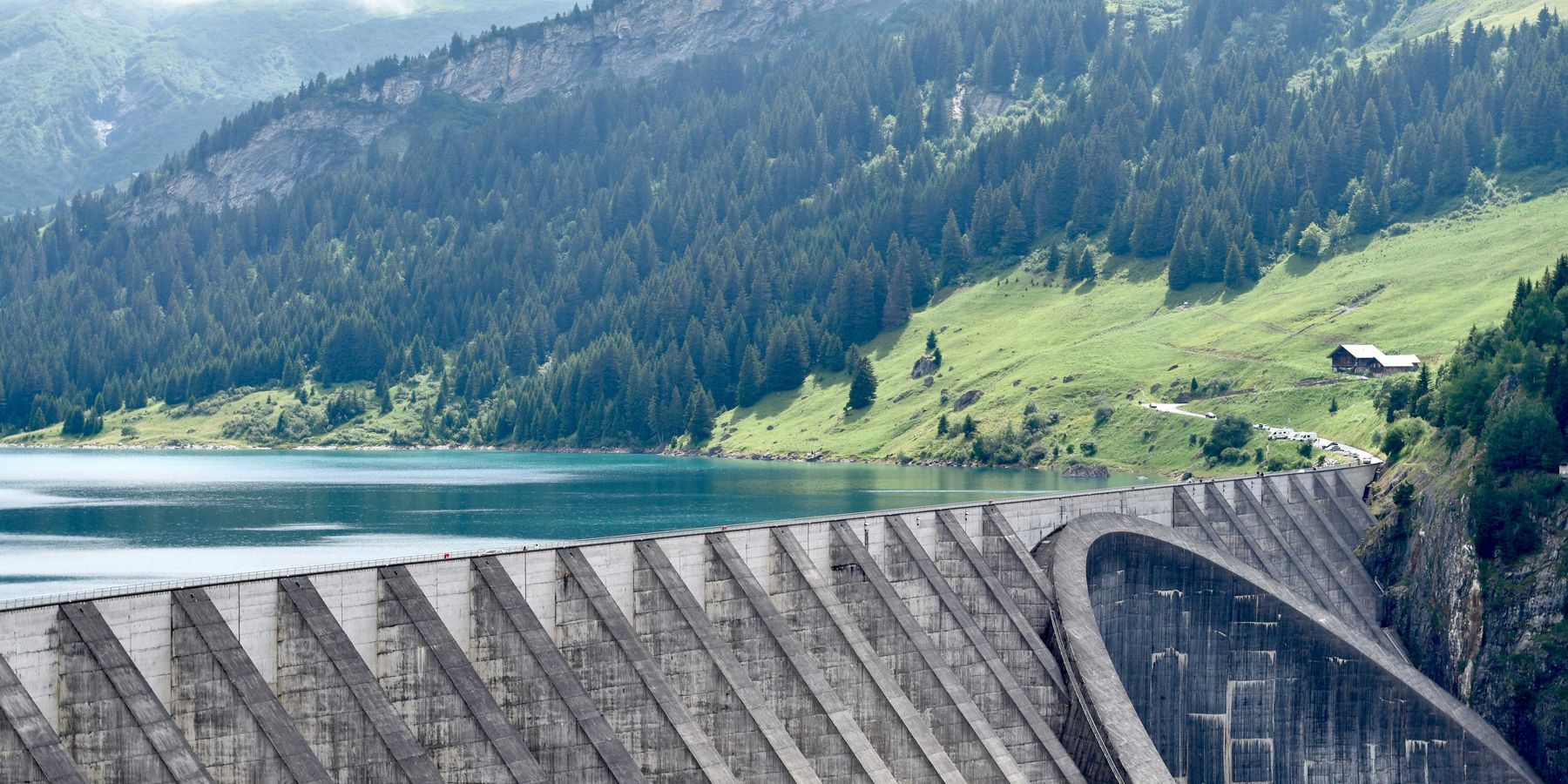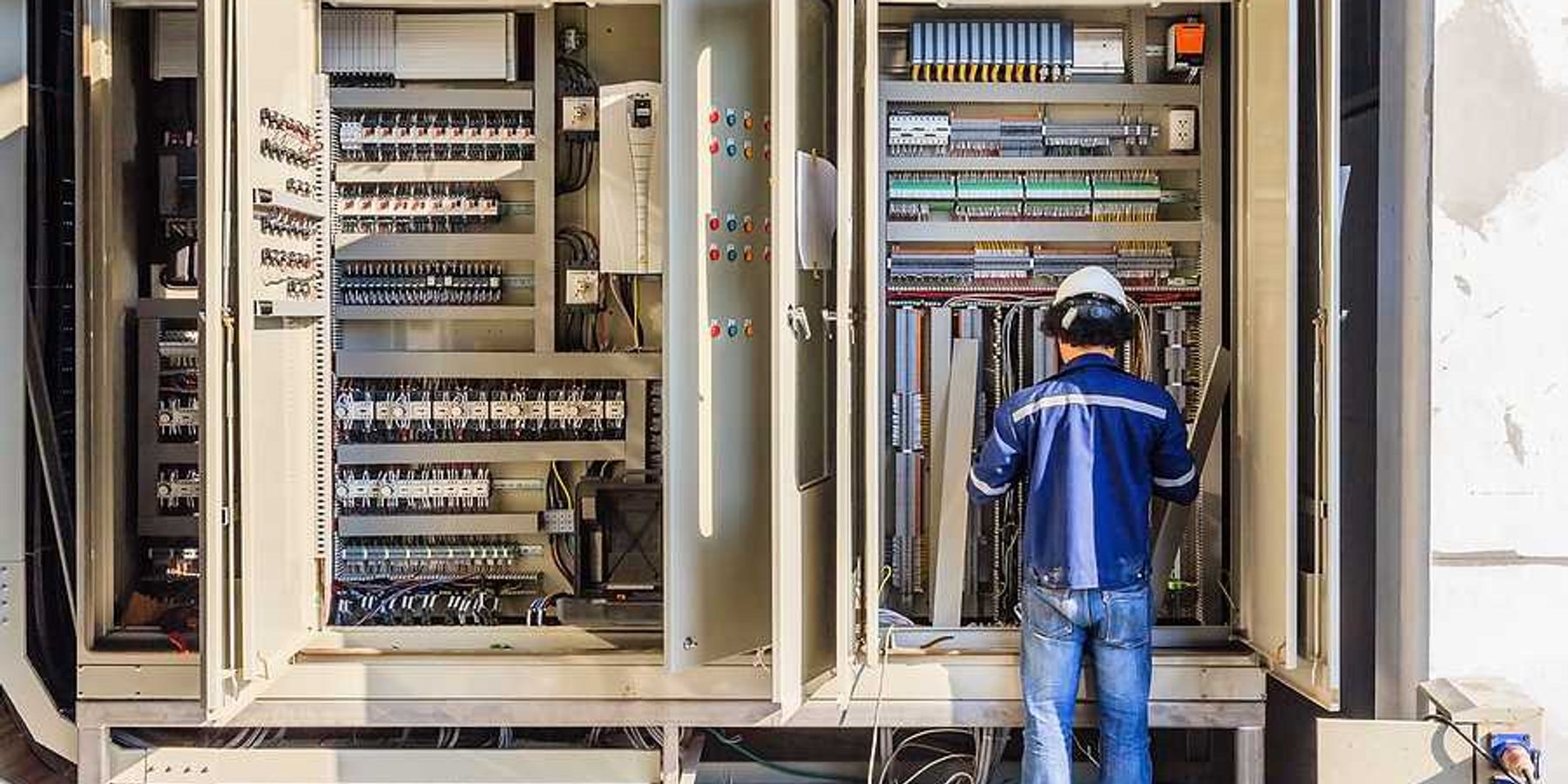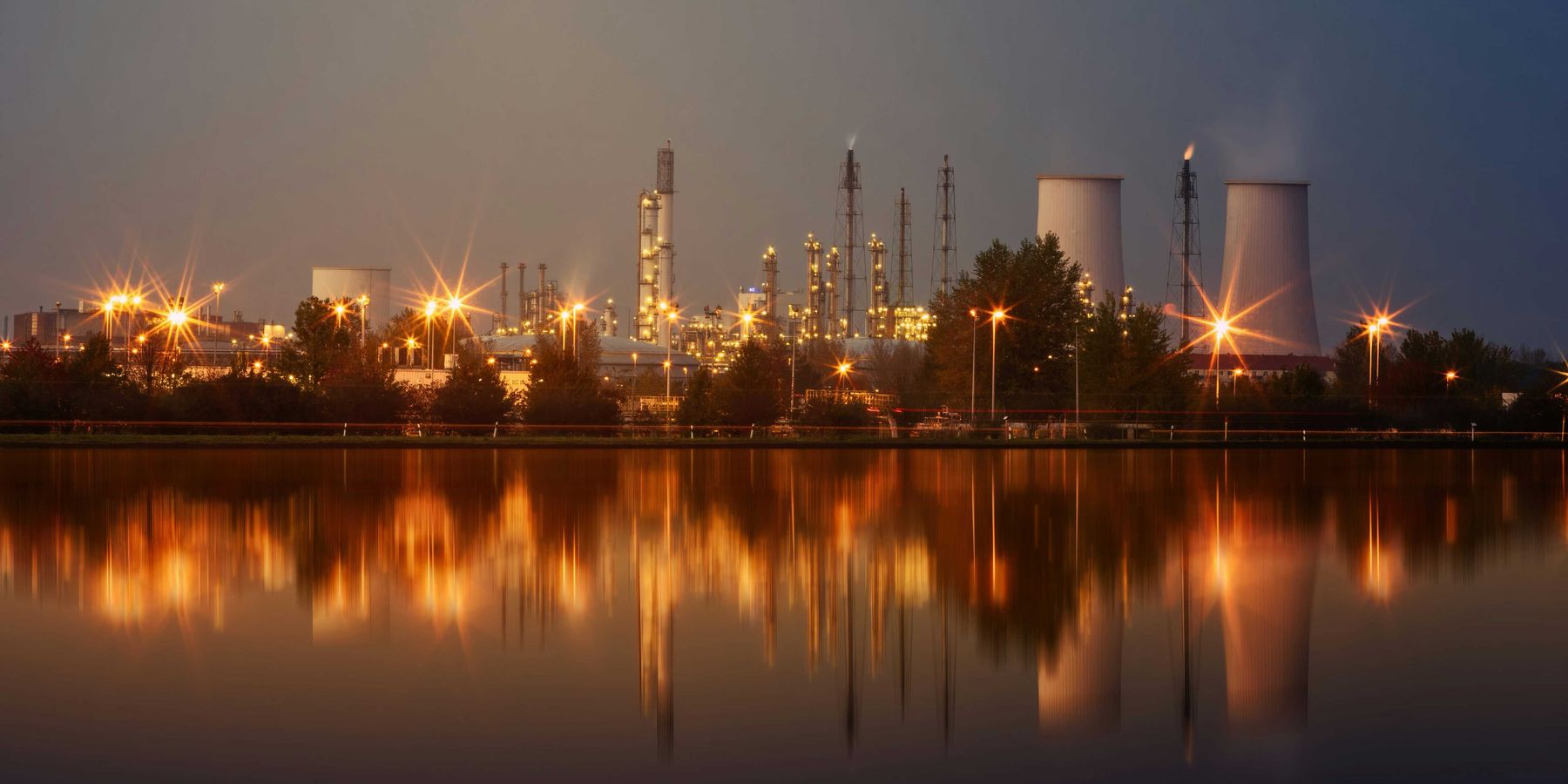Geoengineering: The escape route
Failure to confront hard decisions about emissions puts humanity in a box. But we have a way out. Call in the geoengineers.
Some ideas are the stuff of science fiction: 15 trillion mirrors positioned in orbit to shield the planet from the sun's rays; a fleet of blimps 20 kilometers up feeding a constant stream of sulfur into the stratosphere; a navy of robot-controlled ships prowling the world's oceans, spraying seawater skyward to generate reflective clouds.
Others are more mundane: Plant trees to soak up carbon dioxide or paint roofs white to reflect sunlight. Most are unproven. All have major drawbacks. None offset ocean acidification.
The idea of tinkering with planetary controls is not for the faint of heart. Even advocates acknowledge that any attempt to set the Earth's thermostat is full of hubris and laden with risk.
Geoengineering gains traction
But the concept is gaining more traction as politicians, confronted with the ugly reality of trying to wean economies off fossil fuels, cast about for a strategy that will work if climate changes quickly or in nasty ways.
"Most analysts who examined the options closely had concluded that it would be reckless to mess with the planet," said David Victor, a professor of international relations at the University of California, San Diego, who specializes in energy and climate policy.
"That is changing."
Climate change solutions slip

It's changing, in large part, because the chances of any sort of timely agreement on emissions cuts are plummeting even as scientists find evidence that these emissions have the potential to destabilize the Earth's climate to a degree unforeseen in human history.
But planetary engineering will likely remain part of society's future irrespective of an international agreement. First, there's a good bet that even with strict enforcement of a plausible international treaty, levels of atmospheric carbon dioxide will end up higher than agreed upon – a so-called "overshoot" that could put the climate outside that tolerable window, with disastrous consequences, said Martin Bunzl, a philosopher at Rutgers University who has studied geoengineering and was part of an ethics panel convened by the Royal Society to explore its moral implications..
Second, he said, even if there is a deal, "people are extremely naive if they think the world will actually stick to an agreement."
Geoengineering's insidious costs
In effect, future generations are stuck with geoengineering because society's main strategy for controlling emissions isn't working and the climate could prove far more sensitive to emissions than scientists and policy makers think. "The politics of actually stopping global climate change by mitigating emissions are nasty, brutish and endless," Victor wrote in a recent article in the Oxford Review of Economic Policy.
"Geoengineering, by contrast, offers prompt benefits with seemingly small costs."
But the true costs are insidious.
Climate change injustice
In virtually every geoengineering approach some populations benefit while others suffer. Studies suggest efforts to increase the planet's albedo, or reflectivity, by infusing the upper atmosphere with sulfur could expose hundreds of millions of people, mostly in the tropics, to drought as rainfall and river flow patterns change.
"Eight billion people may be better off while one billion people may be worse off. That's an interesting moral dilemma," Bunzl said.
"It's a problem, but I don't consider it a killer objection," Bunzl added. "I don't mean to be trivial, but there's a lot of detail: How much worse would they be? Are there any offsetting efforts you could make? And many, many other issues."
Bunzl and other geoengineering experts don't worry so much about the consequences of such tinkering. It is really just a stop-gap, Bunzl said – something to buy at most 50 years' of time to decarbonize the economy.
The real worry, they say, is what happens if society fails to cut emissions and has no way to buffer the planet from the effects of all that gas.
"We face a fork in the road," Bunzl said. "We have to decarbonize. We can decarbonize with the option to geoengineer, or we can decarbonize without the option."













